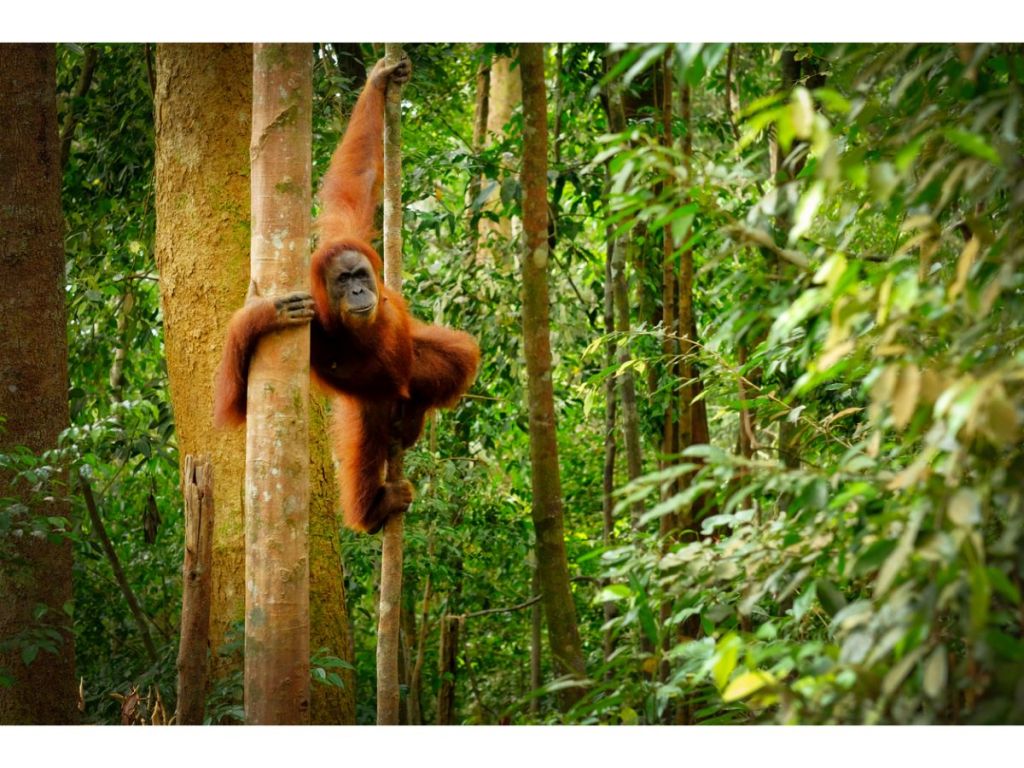The multinational and parent company to Cadbury has introduced a range of tighter regulations as it looks to enhance transparency across the palm oil supply chain.
Under the recently announced new measures, companies supplying palm oil to Mondelēz will now have to eliminate deforestation in their own operations and supply chain; improve traceability and transparency; demonstrate their adherence in a third-party assessed monitoring process; and ensure workers are not being exploited.
Palm oil used in its products must now be traceable to its plantation and satellite monitoring will be conducted across all supplying mills used by the company. All mills will also have to be listed on the Global Forest Watch and have a clean record for across its supply chain. Mills will also be required to provide a third-party assurance of the monitoring process.
Mondelēz has forecast that at least 80% of the palm oil it sources will be produced under these heightened regulations by the first quarter of next year. By 2025, the company will also require suppliers to confirm their sustainable practices across their entire supply chains, not just relating to goods produced for Mondelēz.
Chief Procurement Officer at Mondelēz International, Quentin Roach, said the enhanced sourcing requirements were aimed at boosting transparency through the sector and to help eliminate deforestation and forced labour.
“We have a unique opportunity to help create a future where sustainable practices are universal across the palm oil sector,” Mr Roach said.
“As a company we are continuing to pioneer partnership and action with our suppliers to ensure they share and actively support not only our commitment, but the larger collective commitment to realize a forest positive future where a highly efficient ingredient like palm oil is sustainably sourced across the sector.”
Currently 98% of the company’s palm oil is sourced from suppliers who comply with aligned-to-policies across its supply chains. Last year it suspended 89 mills for non-compliance and it has maintained 100% RSPO palm oil coverage since 2018.
The pledge follows Australian confectionery company Darrell Lea last week announcing it was removing palm oil from all its products, a move widely praised by consumers. It is the first Australian major supermarket brand to do so.
Consumer insights from the brand show there is demand for companies to move away from the product, with 68% of Darrell Lea customers saying they would switch products if they were aware it contained palm oil (current labeling laws allow it to be listed as a vegetable oil). A further 70% said they believed the oil drove deforestation and
The announcement was two years in the making and involved reviewing 200 ingredients and changing 100. Palm oil is already being phased out at its Melbourne and Sydney factories and palm-oil free products have already reached supermarket shelves.
All products stocked in supermarkets are anticipated to be palm-oil free by November.
“As a business we wanted to do the right thing. In recent years, our consumers have told us that they don’t want palm oil in our products. We listened and we took action finding a great alternative in sunflower oil. It doesn’t affect the taste, look or feel of our products,” Darrell Lea’s Marketing Director Tim Stanford said
“There is no doubt that palm oil production causes major devastation to rainforests and endangered animals, such as the orangutan. We call on all businesses, not only in the confectionery industry but across the board, to look into their supply chain and make better decisions about the ingredients they use.”

